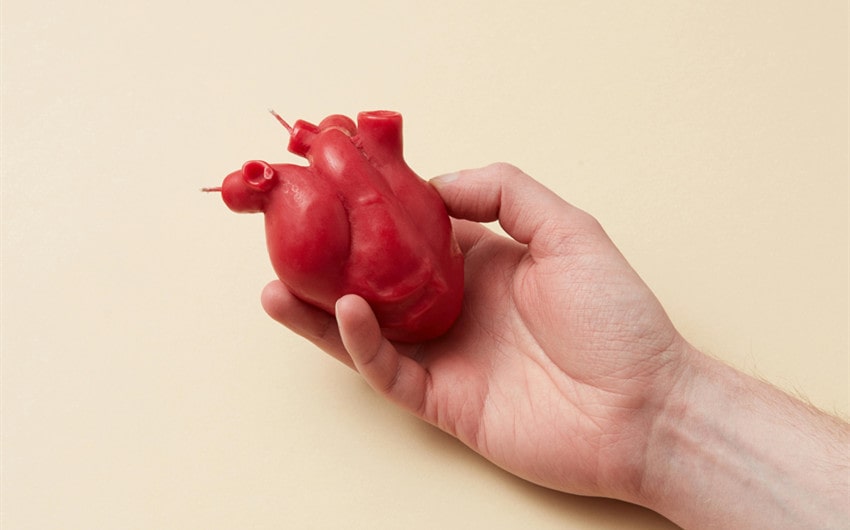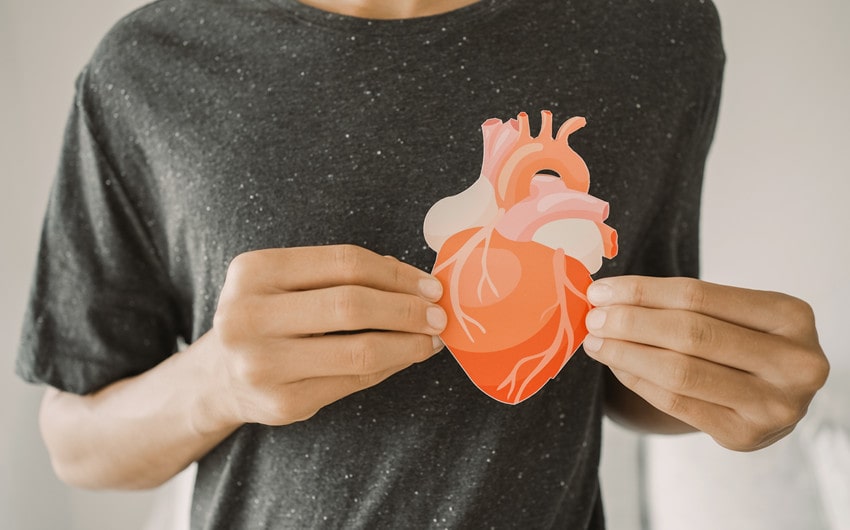8 Hidden Reasons Why You Shouldn’t Be an Organ Donor
Organ donation is often seen as a noble act, saving lives and giving hope to those in need. But not everyone feels comfortable with the idea. Personal beliefs, medical concerns, and ethical questions can make people think twice. Some worry about how their body will be treated, while others fear their medical care could be affected.
If you’ve ever had doubts, you’re not alone. There are many personal and complex reasons why you shouldn’t be an organ donor, and understanding them can help you make the right decision for yourself and your loved ones.
Reasons Why You Shouldn’t Be an Organ Donor

1. Religious and Moral Beliefs
For many people, religious and moral values deeply influence their decision about organ donation. Some religions, such as Orthodox Judaism, Islam, and certain Christian denominations, emphasize the importance of keeping the body intact after death, believing it should return to the earth as a whole.
Others see organ donation as interfering with divine will, arguing that life and death should be left in God’s hands. Even within faiths that permit donation, individuals may struggle with personal moral concerns, feeling uncomfortable about the idea of their organs being removed and used by another person. These beliefs can make organ donation an emotionally or spiritually difficult choice.
2. Concerns About Medical Care
A common fear among potential organ donors is that doctors might not do everything possible to save their life if they are registered as a donor. While medical ethics dictate that saving a patient’s life is always the top priority, some people worry that if they are critically injured or in a coma, doctors may be quicker to declare them beyond help in order to retrieve viable organs.
There is also concern that being an organ donor might influence end-of-life decisions, such as when to withdraw life support. This fear, whether justified or not, leads some to hesitate about signing up as donors.
3. Doubts About Brain Death Criteria
Brain death is the standard used to determine when a person is legally dead and eligible for organ donation, but not everyone is convinced that brain death is truly final. While brain function may cease, the body can still show signs of life, such as a beating heart or warm skin, due to machines keeping circulation going.
In rare cases, individuals declared brain dead have later regained consciousness, raising concerns about the accuracy of such diagnoses. For those who question the certainty of brain death, the thought of being prematurely declared dead—and having their organs removed while their body is still functioning—is a deeply unsettling prospect.
4. Body Integrity and Posthumous Concerns
The idea of maintaining bodily integrity after death is important to many people. Some want to be buried or cremated with all their organs intact, believing it shows respect for their body or aligns with their spiritual beliefs. Others feel uneasy about the thought of surgeons cutting into their body after they pass, worrying about how they will look or how their remains will be handled.
While organ donation is performed with care and respect, it is still a medical procedure, and some people find the idea of their body being altered after death too distressing to consider.
5. Potential Exploitation and Ethical Issues
Organ donation is meant to be a selfless act that saves lives, but some people worry about ethical concerns and the potential for exploitation. The global demand for organs has led to illegal organ trafficking, where organs are bought and sold on the black market, sometimes involving vulnerable individuals being coerced or exploited.
While legal organ donation systems have strict regulations, there are concerns about fairness in organ allocation. Some believe wealthier or more influential individuals may have a better chance of receiving transplants, raising ethical questions about whether the system truly operates on a fair and equal basis.
6. Family and Personal Wishes
Deciding to be an organ donor is a personal choice, but it can also impact family members. Some families strongly oppose organ donation for religious or cultural reasons, and their objections can create emotional conflicts after a loved one passes.
Even if someone has chosen to be a donor, their family might struggle with the decision, feeling uncomfortable with the idea of their loved one’s organs being removed. In some cases, family members may try to override a person’s wishes, leading to confusion and stress. For those who prioritize family unity, avoiding potential disputes may be a reason to opt out of organ donation.
7. Medical and Health History Concerns
Not everyone is eligible to be an organ donor, but there are still concerns about whether a person’s organs might be used even if they have underlying health conditions. Some people worry that their organs might not be in ideal condition, yet could still be taken and transplanted with questionable results.
Others fear that unknown medical conditions could make their organs unsuitable or even harmful to recipients. Misinformation about eligibility can also create confusion, with some assuming they are automatically disqualified while others worry that they might be donors even when their health status suggests otherwise.
8. Legal and Bureaucratic Issues
The legal aspects of organ donation can be complicated, and some people prefer to avoid dealing with potential bureaucratic issues. In some countries, there are opt-in and opt-out systems, meaning that people may be automatically considered donors unless they specifically decline.
This can create misunderstandings about consent and whether a person’s wishes will truly be honored. Some fear that once they register as a donor, they lose control over what happens to their body after death. Others worry about unclear legal language in donor agreements, fearing their families may not have a say if they change their minds later.






